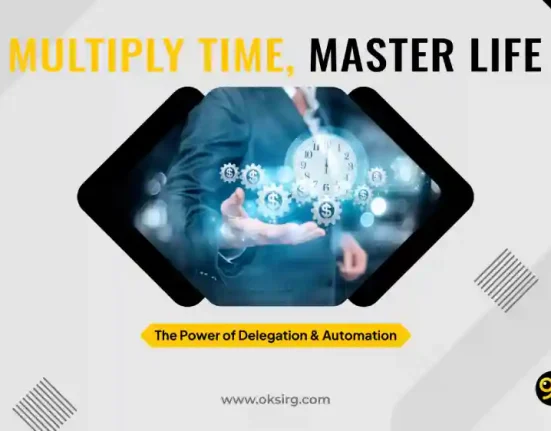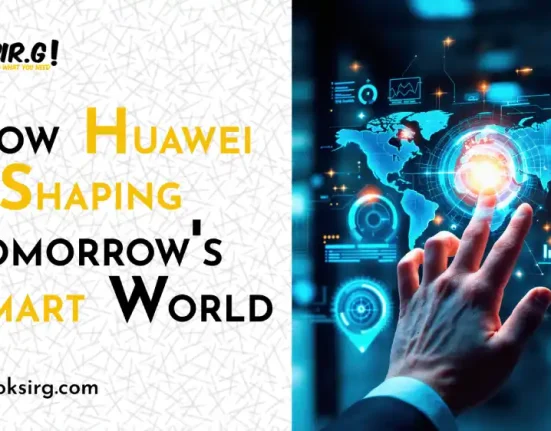In today’s rapidly changing work landscape, remote work has emerged as a viable alternative to the traditional workplace, offering flexibility
The work landscape is changing rapidly, and transformative forces shape our approach to careers and employment. In this article, we dive into critical aspects of the future of work, including the rise of remote work, the gig economy, flextime, digital transformation, and the importance of updating and transitioning. Moreover, as we adapt to the changing dynamics of the labour market, understanding these trends becomes crucial for individuals and organizations.
Remote Work: Redefining The Traditional Workplace:
The concept of remote work has gained popularity due to technological advances and the global pandemic. Furthermore, this section discusses the benefits and challenges of remote work. It includes greater flexibility, better work-life balance, and the need for effective communication and collaboration tools. Moreover, it also examines the impact of remote work on productivity and employee satisfaction and the potential long-term effects on traditional workplace spaces.
Harnessing Flexibility: The Rise Of Non-Traditional Workplace Programs:
 Flexible working hours are increasingly in demand by employees and offered by employers. This section discusses different forms of flexible working arrangements, such as B. Flexitime, compressed working weeks and job sharing. It examines the benefits of flextime in terms of work-life balance and employee engagement. Moreover, the potential challenges organizations face in implementing and managing flextime.
Flexible working hours are increasingly in demand by employees and offered by employers. This section discusses different forms of flexible working arrangements, such as B. Flexitime, compressed working weeks and job sharing. It examines the benefits of flextime in terms of work-life balance and employee engagement. Moreover, the potential challenges organizations face in implementing and managing flextime.
Gig Economy: Opportunities And Challenges:
The contract economy, characterized by fixed-term contracts and employment contracts, has gained importance in recent years. This section discusses the benefits and challenges of the contract economy for workers and companies. It examines mobile worker autonomy and income stability. Furthermore, access to social benefits and the changing legal and regulatory landscape surrounding working on the move.
Digital Transformation: Adapting To The Digital Age:
Rapid technological advances have driven digital transformation across all industries. This section examines the effects of digitization on job profiles, qualification requirements and the need for digital skills. Moreover, discover the potential of automation and artificial intelligence in transforming the world of work and underscore the importance of using technology to drive growth in the digital age.
Further Qualification And Retraining: Coping With Professional Transitions:
As professional roles evolve and new skills are required, upskilling, and reskilling are critical to professional development and adaptability. This section discusses the need for lifelong learning, the role of employers in providing upskilling opportunities, and the availability of online platforms and learning resources. In addition, it highlights the benefits of upskilling and reskilling individuals and organizations to remain competitive in a changing labour market.
The future of work is shaped by telecommuting, flexible working hours, the gig economy, digital transformation and the need for upskilling and reskilling. Moreover, embracing these changes requires a proactive mindset, adaptability and a commitment to lifelong learning. By understanding and managing these trends, individuals and organizations can seize the opportunities presented by the changing work landscape and thrive in a dynamic work environment.
FAQS!
1. Q: How does remote work benefit employees and employers?
A: Remote work offers employees flexibility regarding location and schedule and reduces commuting time and costs. Promotes work-life balance and can increase productivity. For employers, it can widen the talent pool, reduce office expenses, and enhance employee satisfaction and retention.
2. Q: What skills are essential for navigating the changing job landscape?
A: Adaptability, digital literacy, problem-solving, communication, collaboration, and continuous learning are critical skills needed to thrive in the changing job landscape. Additionally, skills in emerging technologies and data analysis are becoming increasingly valuable.









Leave feedback about this
You must be logged in to post a comment.